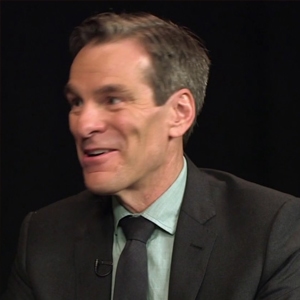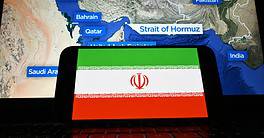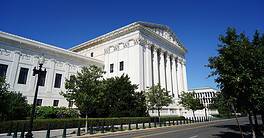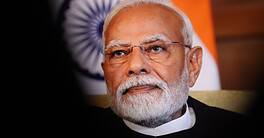Two economists lay out some arguments—pro and con—about US and European bank oversight
Regulation: Does the banking industry face too much or too little? That’s the wrong way to look at the issue, according to Stanford University economists John Cochrane and Anat Admati.

“The right way of framing regulation is not whether we need more or less but whether it is effective or ineffective. I think the criticism of the Dodd-Frank approach [in the US] is that there is a huge amount of it, hundreds of regulators telling each bank what to do at each deal,” says Cochrane, a senior fellow at the Hoover Institution and adjunct scholar at the Cato Institute. “The result is a system that is not working very well and is not competitive, with a large cost.”
At present, it’s reasonable to ask whether regulations are going to work better this time than they did last time. “The regulators missed the last crisis, and I don’t see any reason why they would suddenly discover clairvoyance and see the next one coming,” says Cochrane, who is in favor of requiring banks to have much more equity in order to counter potential losses.
Others suggest that without regulation the crisis could have been much worse, and the key to improvement is holding regulators and lawmakers accountable for effectiveness of the laws. With respect to Dodd-Frank in the US, Anat Admati, a professor of Finance and Economics at Stanford’s Graduate School of Business who also serves on the CFTC Market Risk Advisory Committee, favors some changes, but cautions against excess deregulation. “There are some rules that are too costly for the benefit they give us; but allowing the industry to be ever more reckless is incredibly dangerous and scary,” she says. “When we catch ourselves with the system imploding—maybe from cybersecurity, from mortgages again, or from something else—we will regret it.”
It’s even worse in Europe, Admati believes. “There are better and worse ways of dealing with weak banks, and a very bad way is to do it as Europe is doing it right now, which is to muddle along and hope for the best,” she says. “The so called ‘zombies’ are barely living day to day, unable to support the economy and reluctant to recognize losses, which would expose their weakness,” she adds, pointing to banks such as Italy’s Monte dei Paschi. “It is very important to prevent a situation in which zombie banks continue to lend to zombie borrowers and maintain bad loans without restructuring them, liquidating non-viable businesses or helping the viable ones.”
Admati supports, for example, limiting how banks can deploy their cash. “The best tool for strengthening banks after losses is to stop them from making cash payouts to shareholders,” Admati says. “Allowing weak banks to pay dividends is a big mistake, as pointed out by many, including researchers in the Basel committee.”

What rules would Admati ease or eliminate? She points to Dodd-Frank’s “living will” requirement that banks describe how they can go through the bankruptcy process without harming the economy. “This is a costly charade that gives jobs to many people without helping much at all,” she says. “It is an impossible task for them to actually satisfy. It is a waste of resources to do it.”
On some other points she is adamant: “It is dangerous to challenge the Consumer Financial Protection Bureau, which is essential, or not focus enough on derivatives, or reduce equity (so-called capital) requirements.”
From Cochrane’s point of view, regulation could benefit the system by allowing an additional degree of competition. “Maybe the largest US banks cannot be fixed, but let’s leave the door open so new innovative banks can come and take over their business, undercut them,” he says. “You don’t break down the big banks, you let competition come in.”
In this, he sees technology and the energy of fintechs as very important. “All these interesting new business models… It is not clear why the same bank that takes your deposit and runs your credit card also has to do foreign exchange derivatives trading in Hong Kong,” he says. “We are ripe for a revolution in how payments are made, and technology can help enormously there.”



